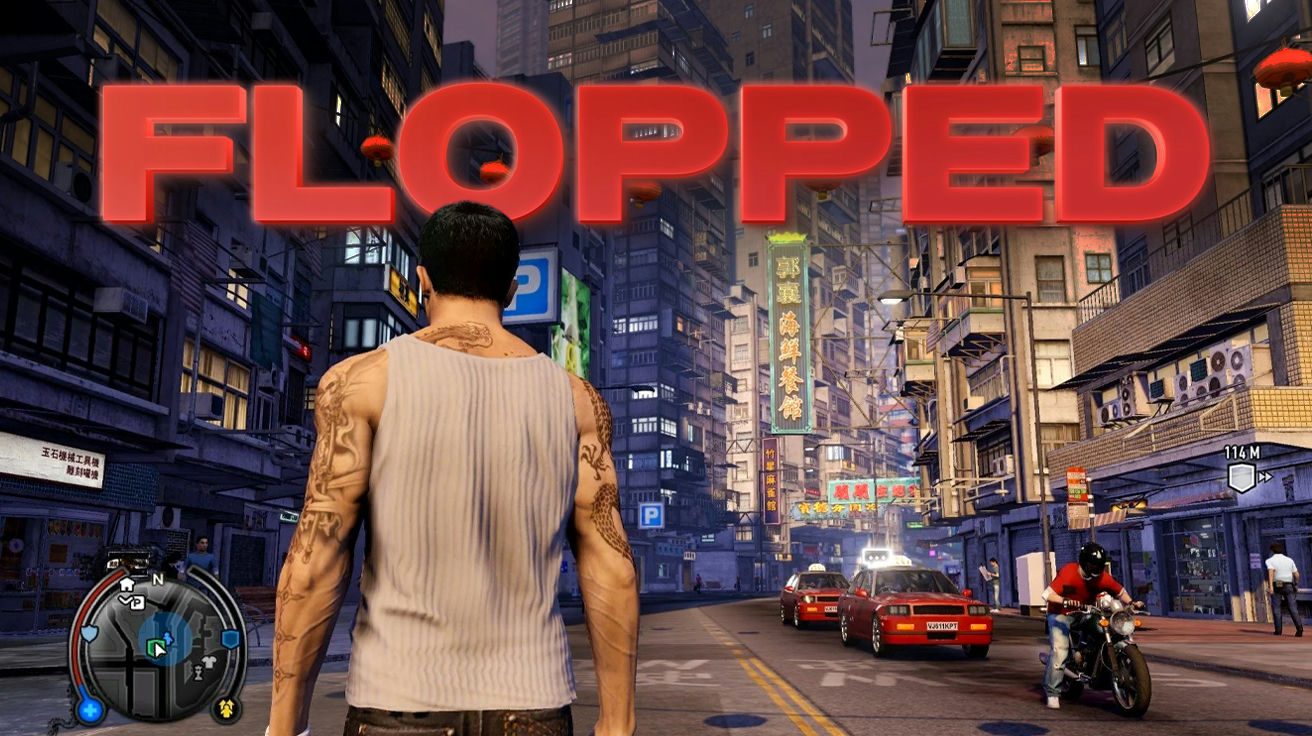Listen, commercial flops don’t equal creative failures. Gaming history overflows with boundary-pushing titles that vanished beneath marketing budgets and mainstream noise faster than my interest in small talk. These overlooked gems deliver fresh experiences beyond formulaic blockbusters. Each offers something different: cinematic storytelling, unique gameplay mechanics, or artistic vision that mainstream audiences missed while probably arguing about pineapple on pizza. Ready to discover what you’ve been sleeping on?
This content may contain affiliate links. If you wish to support us and use these links to buy something, we may earn a commission.
10. Sunset Overdrive

This game is basically what would happen if energy drinks gained consciousness and decided to make a video game—pure chaos in the best way possible. Sunset Overdrive transforms movement into kinetic poetry through grinding, wall-running, and explosive combat mechanics that make parkour look boring. The system keeps you airborne while crazy weapons like teddy bear launchers deliver comedic carnage across vibrant cityscapes, because apparently someone decided regular guns weren’t ridiculous enough.
Bright colors contrast with basic storytelling elements, but honestly, who needs Shakespeare when you can chain together ridiculous combo sequences while shooting teddy bears at mutants? Weapon experimentation provides endless entertainment that’s more addictive than scrolling through your ex’s Instagram. This title proves gameplay joy can overcome narrative simplicity when the mechanics click perfectly—kind of like how good sex can make you forget someone’s terrible personality.
9. Alpha Protocol
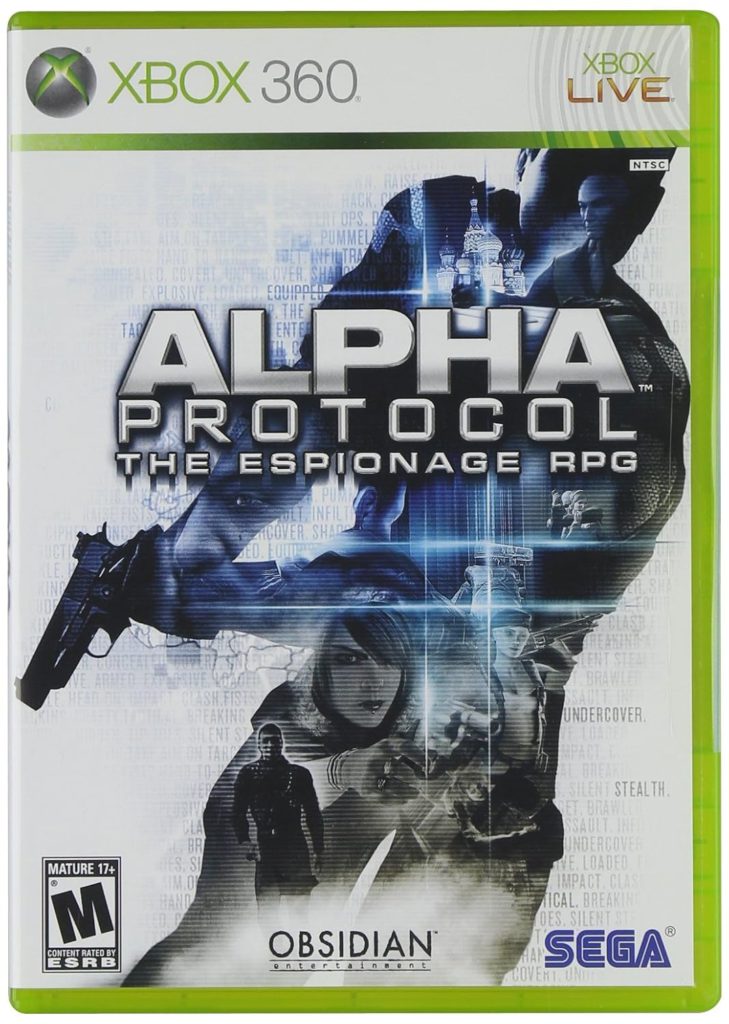
Choice-driven espionage that actually makes your decisions matter—revolutionary concept, I know. Alpha Protocol delivers real consequence through Michael Thorton’s secret agent adventures, where early betrayals haunt entire playthroughs like that time you trusted your sister with a secret. Spy personas alter conversations and mission outcomes in meaningful ways that actually matter, unlike most of my life choices.
Combat mechanics frustrate initially (think trying to open a jar after getting your nails done), but dynamic storytelling compensates through impressive reactivity levels. Each dialogue choice shapes relationships and available missions, creating truly personal narratives that are more customizable than my coffee order. This ambitious RPG proves meaningful choice implementation can overcome significant technical shortcomings when the writing shines—basically the gaming equivalent of overlooking someone’s questionable fashion sense because they’re hilarious.
8. Mad Max
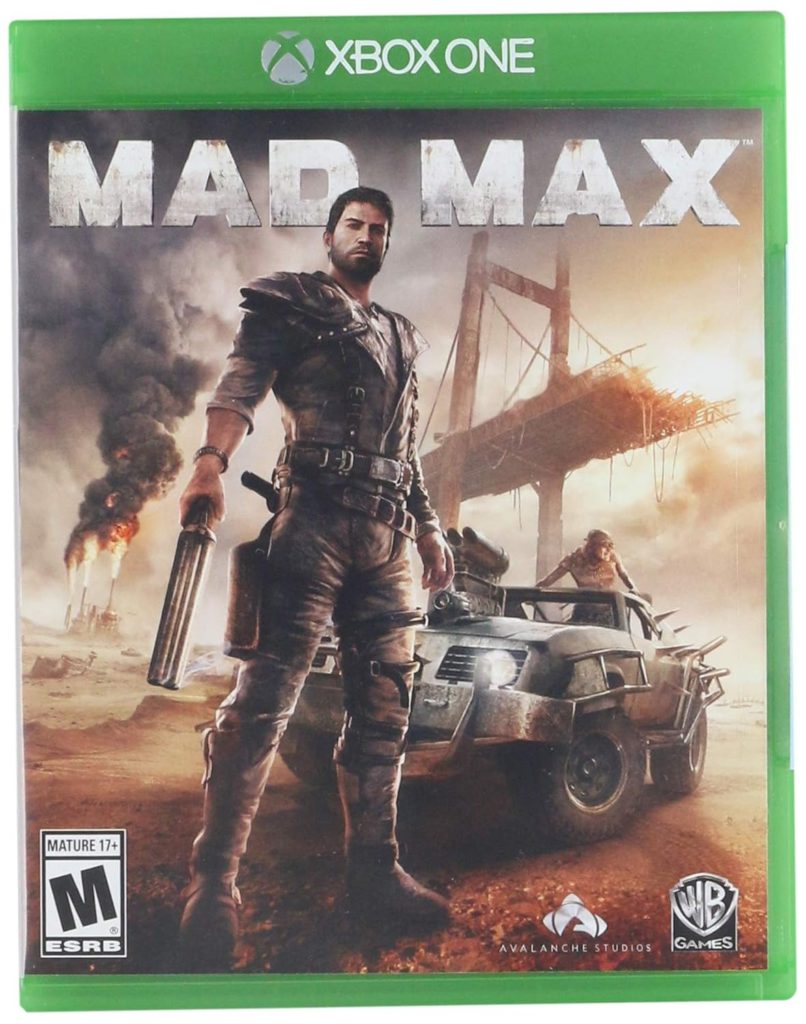
Wasteland vehicular combat that’s more satisfying than revenge shopping after a breakup. Your Magnum Opus transforms from basic transport to armored war machine through extensive customization options that make car shopping actually fun. Start with protective plating, then add flame-spouting exhausts and ramming spikes for maximum intimidation factor that actually works—unlike my attempts at being intimidating, which usually just make people offer me snacks.
Desolate landscapes invite exploration while visceral hand-to-hand combat enhances raw intensity levels. Simple story structure and repetitive missions fade when you’re behind the wheel, tearing across dust storms and engaging enemy convoys like you’re in the world’s most violent road trip. Pure driving satisfaction makes every journey feel brutal and real, which is more excitement than most people get from their actual commutes.
7. Enslaved: Odyssey to the West
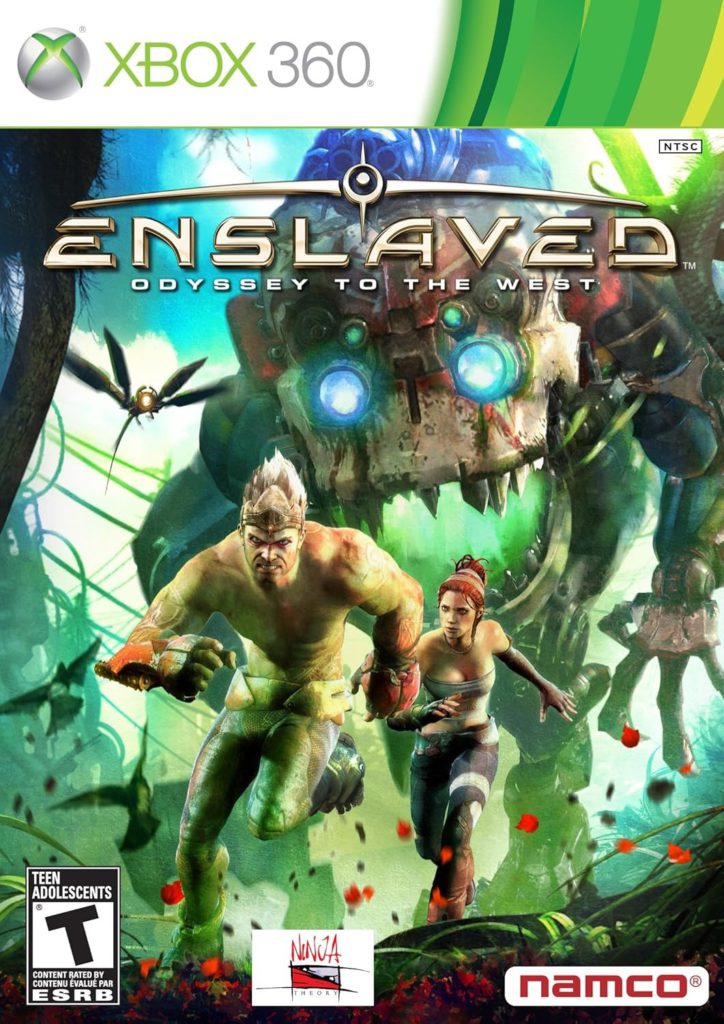
Post-apocalyptic partnership that’s basically a relationship goals tutorial disguised as an action game. Monkey and Trip’s survival story unfolds across lush, overgrown landscapes where nature reclaims civilization—think of it as extreme home renovation but with more killer robots. Their deepening bond becomes the narrative’s emotional core as they navigate mechanical threats and personal revelations together, proving that shared trauma can build stronger relationships than dating apps ever will.
Character development showcases how shared adversity builds genuine human connection effectively, which is something most reality TV shows completely fail to understand. The relationship focus sets new standards for cooperative storytelling in single-player games. Visual excellence combines with strong writing to create memorable moments that linger longer than the smell of burnt dinner—and that’s saying something.
6. Quantum Break
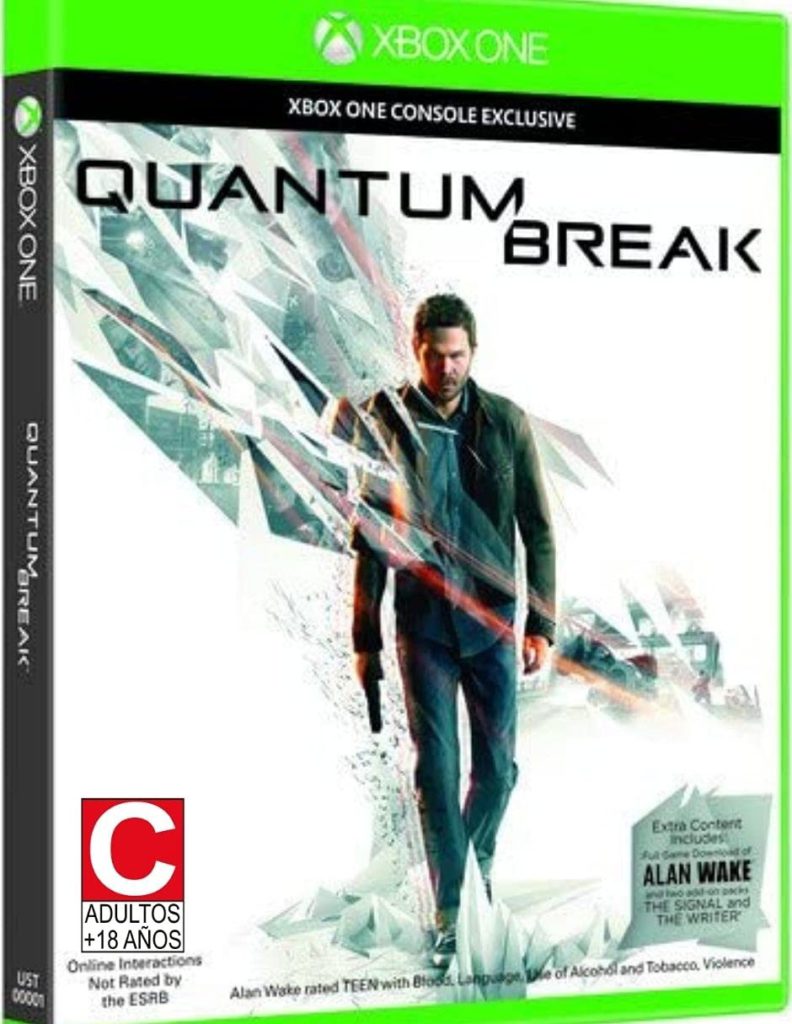
Time manipulation meets television in gaming’s boldest narrative experiment—like if Black Mirror and X-Men had a baby that was really into interactive storytelling. Quantum Break blends third-person shooting with time-bending abilities, creating combat scenarios where you freeze bullets mid-air and dash through temporal fractures like you’re having the world’s most dangerous existential crisis. Playing as Jack Joyce, you battle sinister Monarch Solutions while unraveling reality-threatening conspiracy through multiple timelines that are easier to follow than most people’s relationship status updates.
Twenty-minute live-action episodes featuring Shawn Ashmore and Aiden Gillen advance the story between chapters—basically premium cable TV but you get to shoot things between episodes. This integration of interactive gaming and cinematic television creates narrative depth rarely seen in gaming. Your choices shape both game and show, delivering multiple perspectives on identical events like getting everyone’s version of what happened at last night’s party.
5. Castlevania: Lords of Shadow
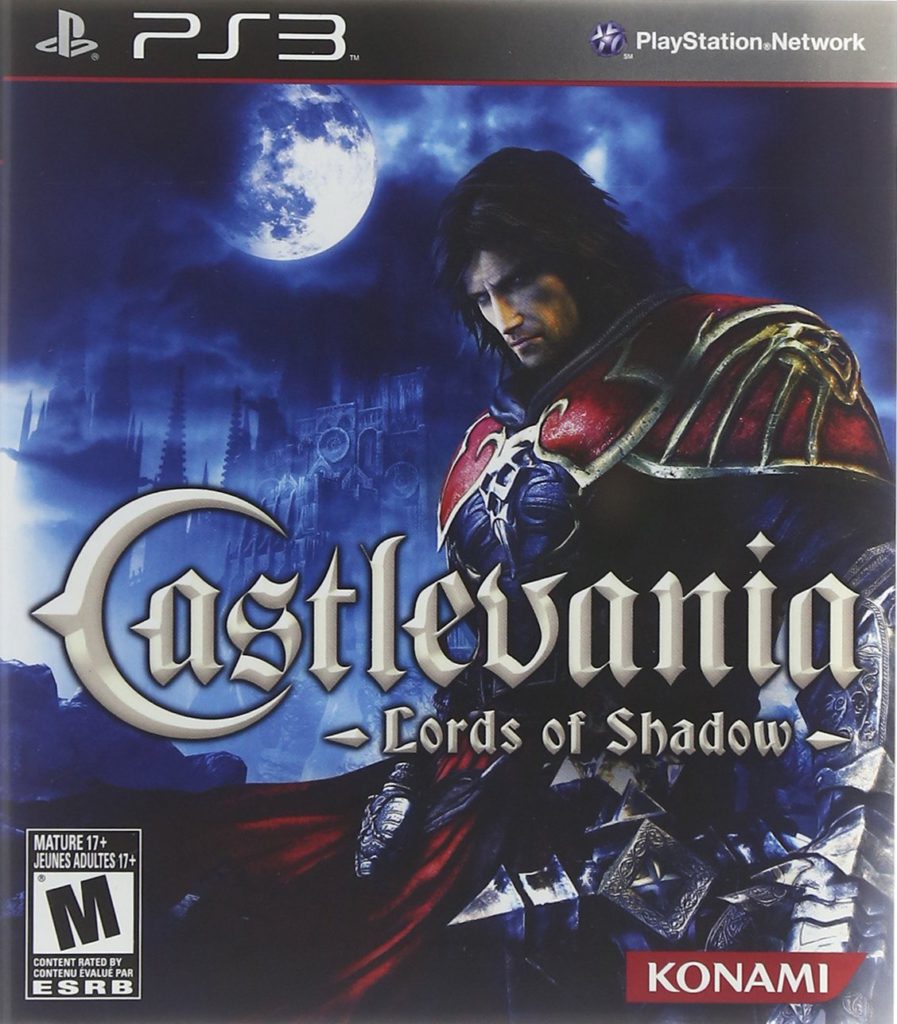
Gabriel Belmont’s journey reimagines vampire hunting with cinematic scope that makes Twilight look like amateur hour. Lords of Shadow challenges series expectations through sprawling adventure design and deliberate pacing choices that actually respect your intelligence. The combat cross weapon delivers satisfying battles against massive creatures while dark storytelling explores familiar lore from fresh angles that feel more natural than most Hollywood reboots.
Stunning art direction draws you deeper into Gothic environments where every shadow hides potential secrets—kind of like my dating history, but with better lighting. This reinvention sparked heated debate among longtime fans but offers newcomers an accessible entry point. Different doesn’t mean inferior when execution reaches this level of technical polish, which is a lesson the fashion industry could really learn from.
4. Alien: Isolation
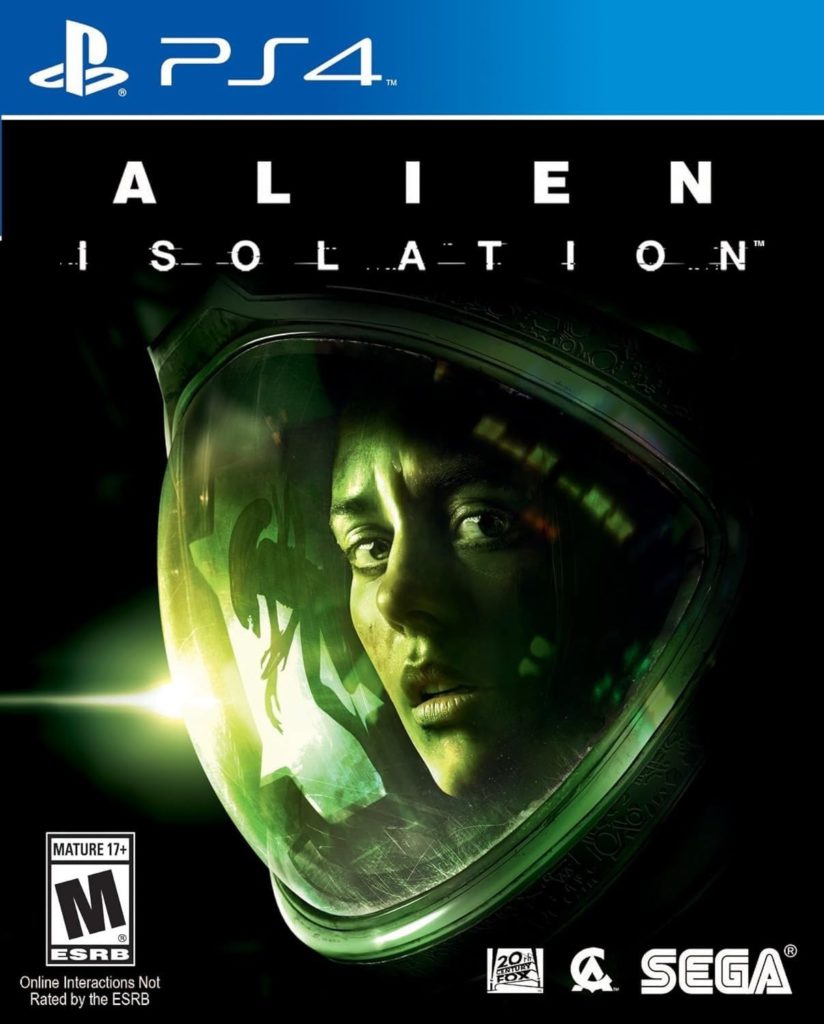
Fear returns to space through intelligent terror design that’s scarier than checking your bank account after a weekend in Vegas. Alien: Isolation places you in Amanda Ripley’s desperate situation aboard the haunted Sevastopol station, where survival depends on being quieter than me trying to sneak snacks during a movie. The Xenomorph’s advanced AI learns your hiding patterns, creating genuine dread as it stalks you through dark corridors with the persistence of a telemarketer.
Detailed environments amplify every creak and shadow into potential mortal threats—basically living in constant anxiety, but with better graphics. Slow pacing builds tension carefully, making each encounter feel earned rather than cheap jump scares that rely on volume over creativity. Players consistently report genuine fear while playing, proving effective horror design principles still work when properly implemented, unlike most horror movies that think loud noises equal scary.
3. Marvel’s Guardians of the Galaxy
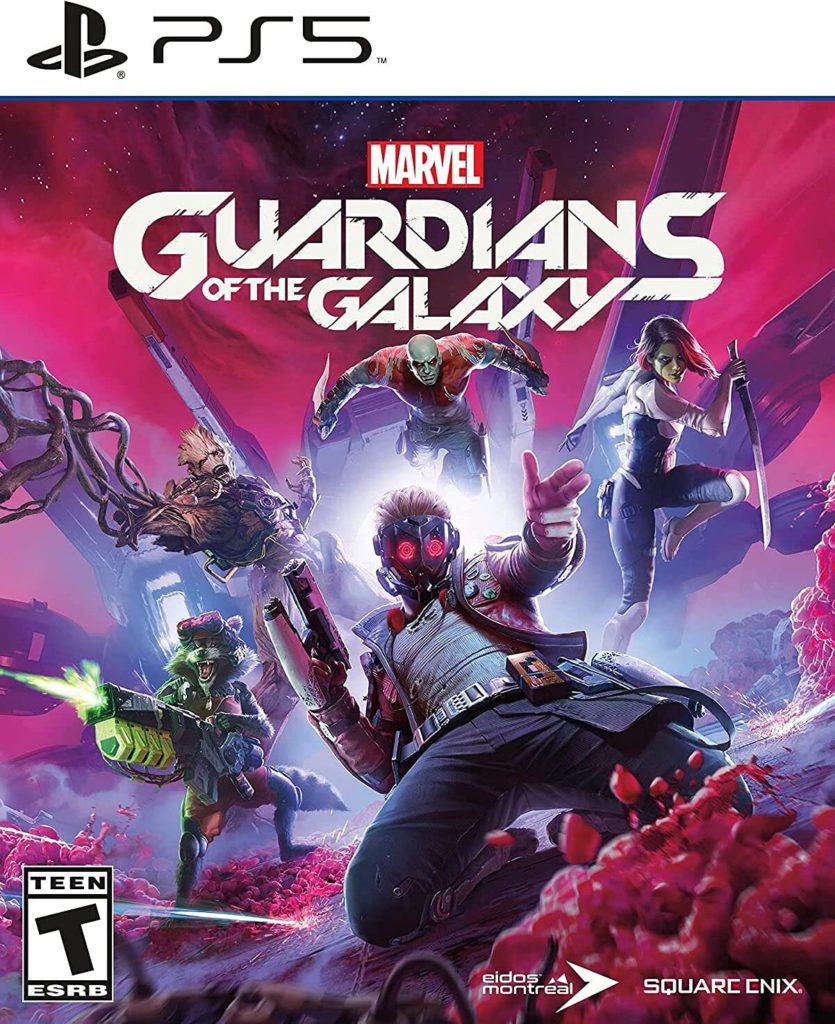
Team dynamics that prove superhero games can have actual personality instead of just expensive costumes and daddy issues. Playing as Star-Lord, you command your squad through frantic battles where each Guardian’s abilities change combat flow more dramatically than my mood swings during PMS. Gamora delivers devastating single-target damage while Drax staggers multiple enemies, creating tactical opportunities for creative combinations that feel more satisfying than finding the perfect comeback three hours too late.
The huddle-up mechanic transforms 80s hits into power-boosting team moments during critical fights—basically weaponized nostalgia that actually works. Emotional investment grows through genuine character development and generous humor doses that are funnier than most sitcoms. Replay value stays limited, but top-tier Marvel storytelling makes every moment memorable for franchise fans who deserve better than whatever happened in the last few movies.
2. Days Gone
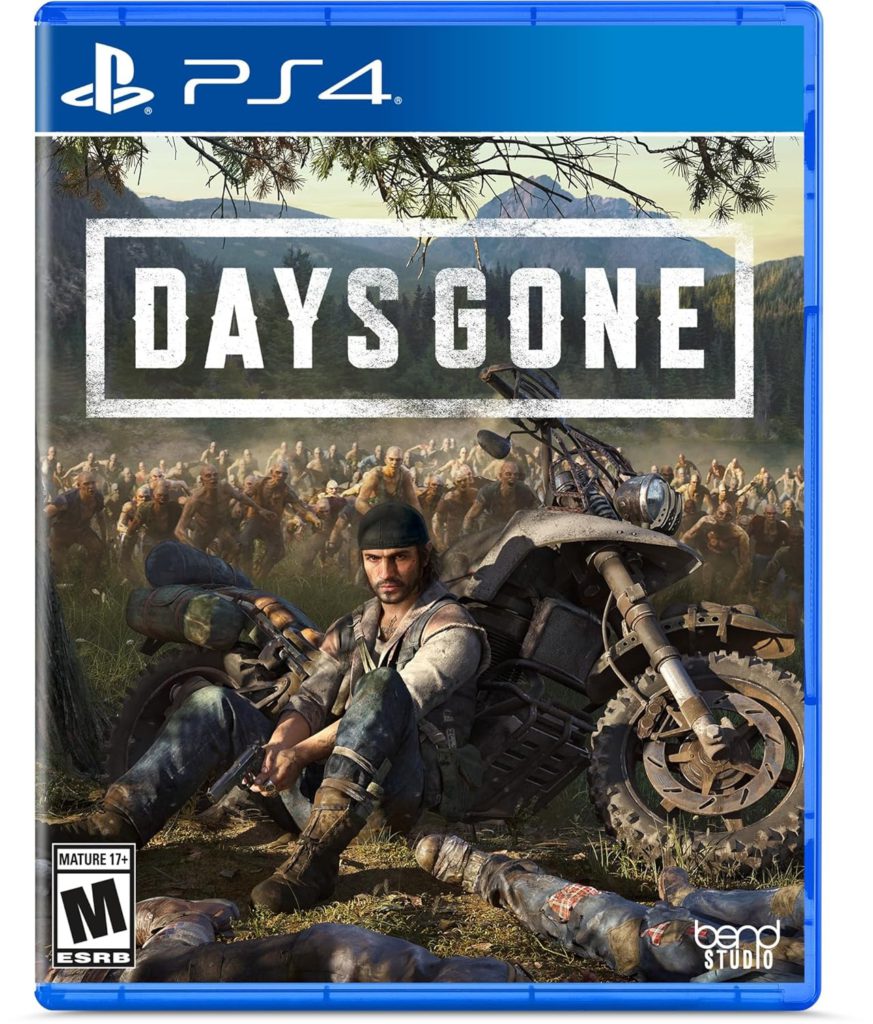
Oregon’s post-apocalyptic wilderness that’s more dangerous than Portland traffic during rush hour. Days Gone throws 500-strong freaker hordes at you, creating genuine terror as zombies swarm across mountainsides like Black Friday shoppers but with worse personal hygiene. Your motorcycle serves as lifeline and escape route, requiring constant maintenance to avoid being stranded in hostile territory—basically like owning any German car, but with more zombies.
Deacon St. John’s biker perspective refreshes zombie narratives with real wasteland survival elements that make The Walking Dead look like a casual stroll through suburbia. Resource management and strategic planning become essential as you navigate dangerous territories filled with both human and undead threats. The emotional story complements immersive world-building perfectly, proving that sometimes the best therapy involves running over zombies with a motorcycle.
1. Sleeping Dogs
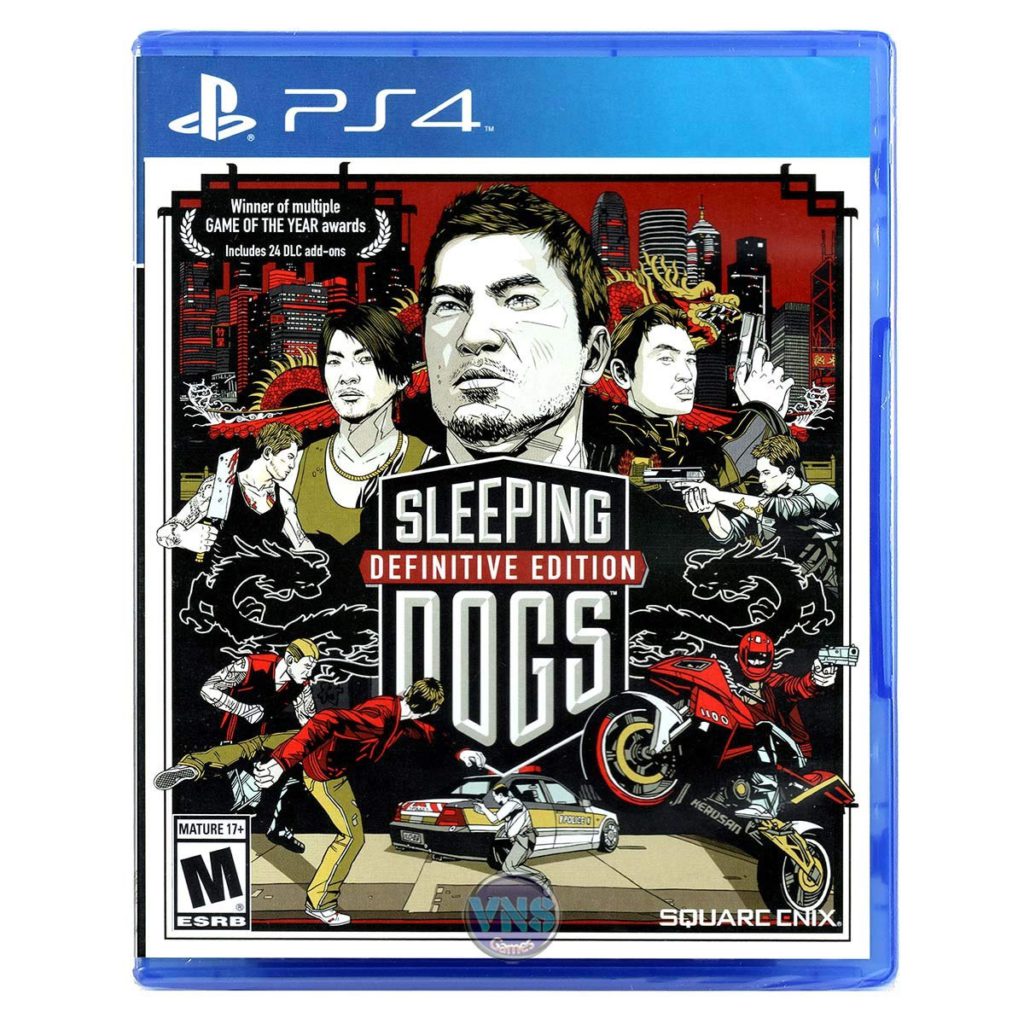
Hong Kong comes alive through gripping undercover crime drama that’s more authentic than most travel documentaries. Wei Shen’s dual identity as cop and Triad member creates compelling narrative tension across vibrant city streets—basically living a double life, but with more martial arts and fewer awkward explanations. Originally planned as a True Crime sequel, the project evolved into something uniquely its own through brutal combat systems that make bar fights look like gentle disagreements.
Fast driving mechanics complement fluid hand-to-hand fighting systems, creating varied gameplay experiences that are more entertaining than most action movies. The real Hong Kong setting provides cultural depth rarely seen in crime-focused games. Since release, more titles have adopted similar martial arts integration approaches, proving this design resonated with developers industry-wide—kind of like how everyone started copying my hairstyle after I got famous, but with less legal implications.


